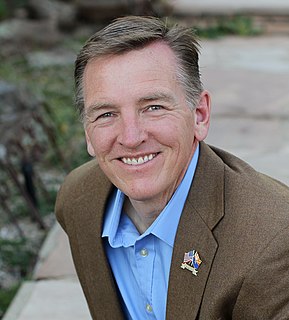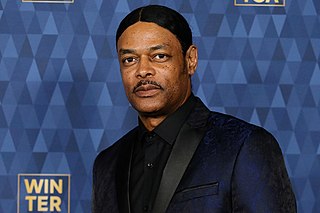A Quote by Benjamin Wittes
There is no doubt in my mind that Article II limits to a considerable degree the application of the obstruction statutes to the president when he is acting in his capacity as chief law-enforcement officer of the country.
Related Quotes
Obstruction, basically, is whether you corruptly influence, obstruct or impede the administration of justice. You tell a chief law enforcement officer get, you know, back off my friend - or I hope you back off my friend and then when he doesn't, you fire him, clearly, that isn't - that is - fits the behavior of obstruction. The question of whether or not you can prosecute the president is open.
We need to statutize what is permissible and what is not permissible. If a law enforcement agent uses a clearly unapproved technique like the knee that was on the neck of George Floyd for over eight minutes, no law enforcement agent thinks that that's right and that officer should be held accountable.
The idea that the president doesn't interfere in law-enforcement investigative matters is one of our deep normative expectations of the modern presidency. But it is not a matter of law. Legally, if the president of the United States wants to direct the specific conduct of investigations, that is his constitutional prerogative.
Let me just be candid: My party is full of racists. And the real reason a considerable portion of my party wants President Obama out of the White House has nothing to do with the content of his character, nothing to do with his competence as commander-in-chief and president, and everything to do with the color of his skin. And that's despicable.





























